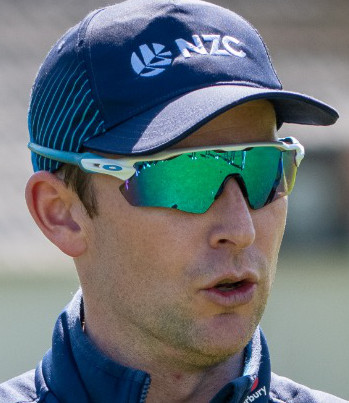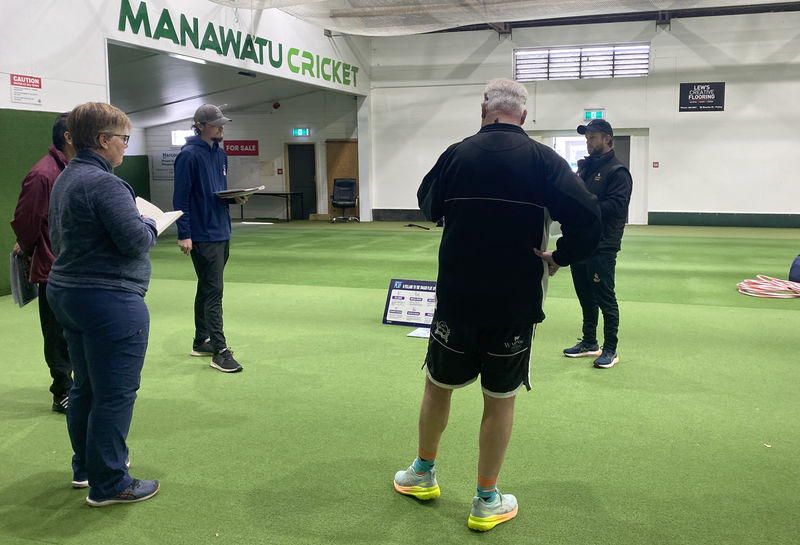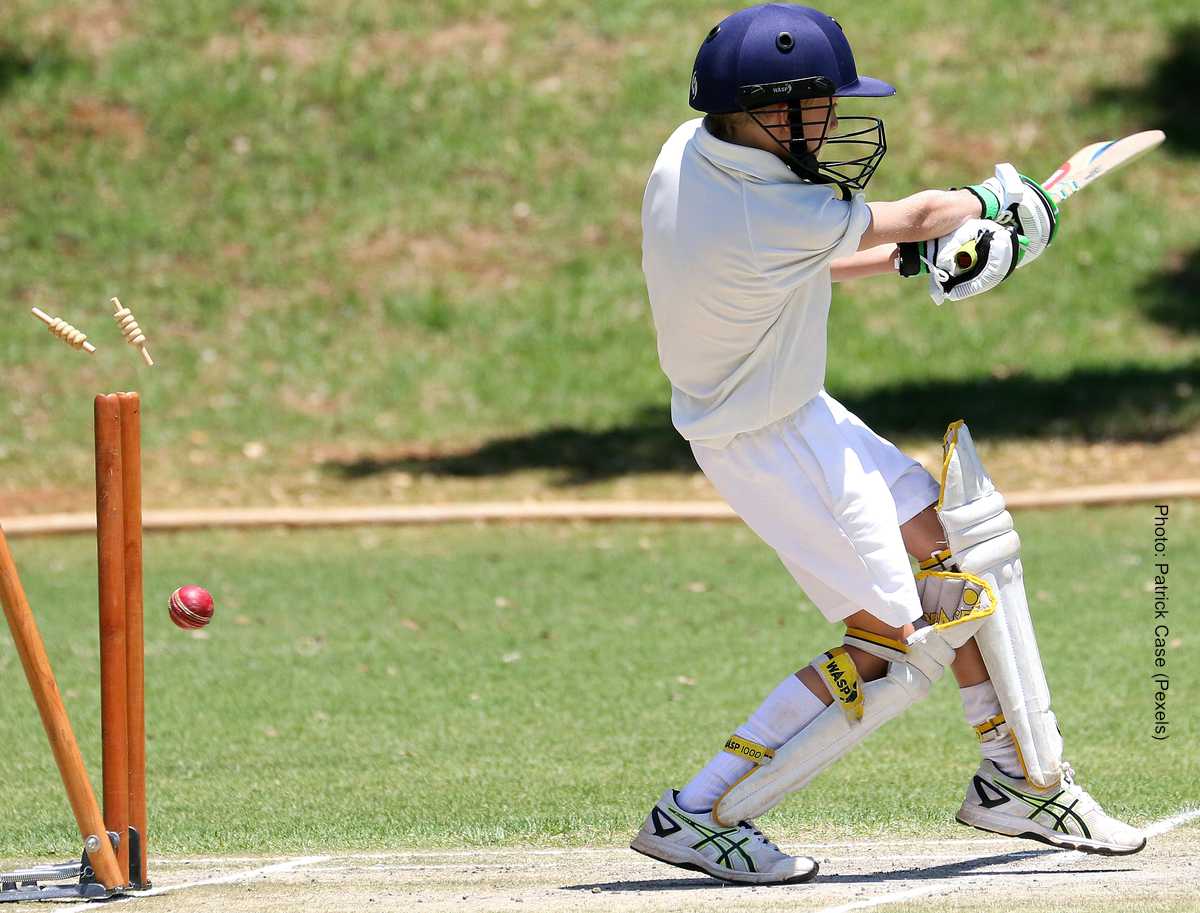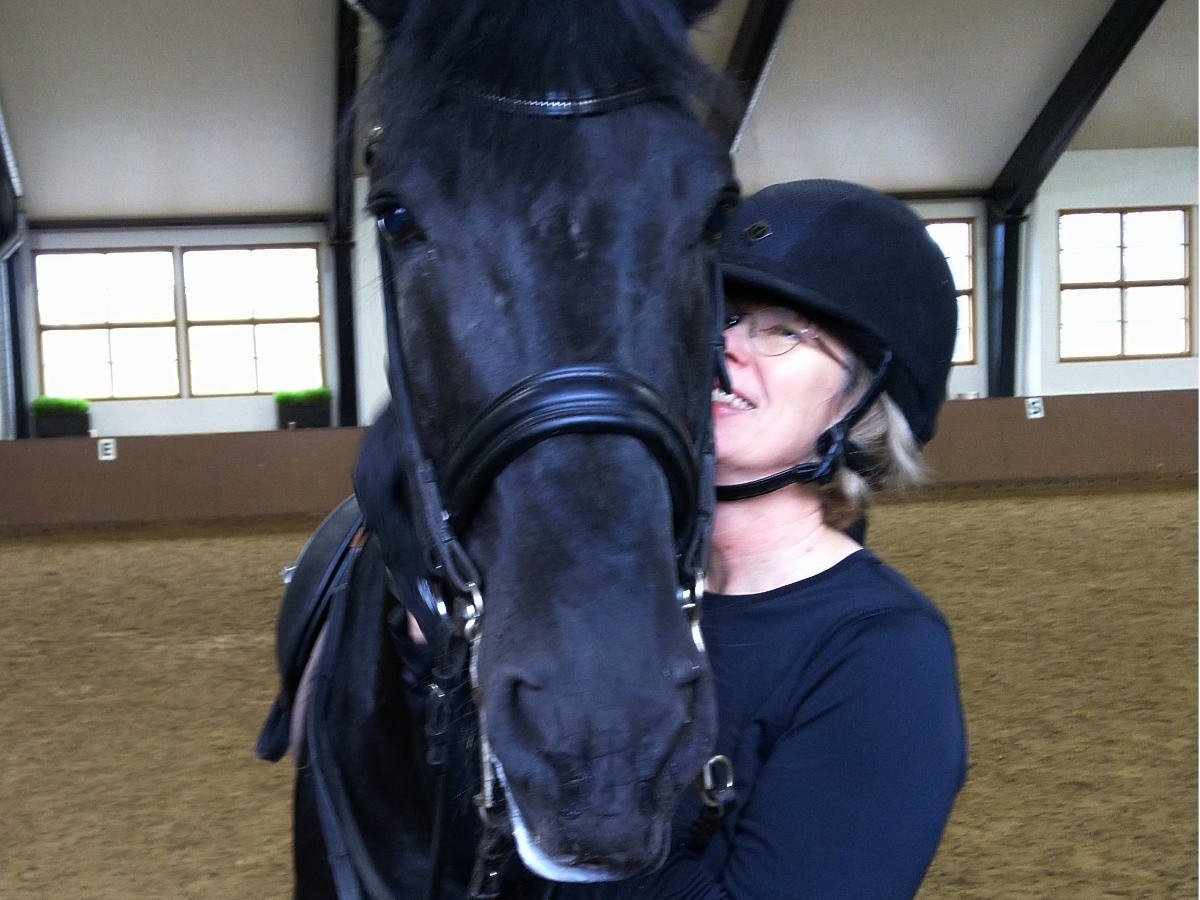
Toby Doyle
Community Cricket National Coach Development Manager, New Zealand Cricket
In this series we feature innovative initiatives in coach learning and development. We will see examples of the work of coach developers who have taken their sport or their own practice into new territory.
Innovation requires putting new ideas and methods into practice by looking at current practice with fresh eyes. New assumptions that underpin new mental models are at the core of innovation.
This post by Toby Doyle shows how a person-centred approach to coach development that is focussed on a strong practical component where developing coaches receive lots of support can provide a rich developmental experience for coaches.
WHAT WAS THE CATALYST FOR CHANGE?
- Examination of data
We studied how many coaches who engaged with our previous qualification-centred coach framework, and only 20% of coaches who begun learning were going onto fully complete qualifications (with only a small percentage then requesting their certificate).
This led us to believe that our learning system was currently catering for a small portion of community coaches within our sport.
2. Consultation and research
When re-designing our coach learning framework we involved key regional coach development leads whose experience with working with coaches in their communities helped to inform what the framework would look like, as well as the critical skills/knowledge that coaches needed to know/do at each different coaching level. Coupled with this, we took time to understand learning frameworks from other sports and industries.
THE DEVELOPMENT of a NEW COACH LEARNING & DEVELOPMENT MENTAL MODEL
From our work and research we landed on some key mental models to help us shape our learning framework:
- Development is continuous rather than episodic.
- Development is self driven and not dictated.
- Mastery is the objective. Not qualifications.
- The emphasis is on just-in-time learning, as opposed to just-in-case learning.
- Opportunities & resource are made available to all.
- Coaches choose from a buffet of options rather than a set menu.
- 70/20/10 – remember how development occurs (on-the-job learning > social interactions > formal learning)
WHAT IT LOOKS LIKE IN PRACTICE
In the place of assessment during a course/workshop, we’ve put in coaching observations as a mandatory requirement for coaches wanting to receive a qualification. These look like:
- Learning is centred around the coach and their context.
- There is a deliberate emphasis on the personal development for the coach, rather than their competence against a set criteria.
- Data is gathered (what happened) then reflective conversation around this follow.
- The coach developer threads any learning/focus points from the workshop into conversations.
- The focus from the conversation is on the ‘what next’ with clear ongoing objectives.
- Conversations may also lead to a focus on the coach’s development following the observation.
Along with this, within our face-to-face practical sessions coaches are given micro-coaching opportunities and coach developers will conduct reflective conversations with coaches on how they conducted these micro-coaching sessions – GET THE COACHES COACHING!
HOW IS IT GOING 24 MONTHS DOWN THE TRACK? LESSONS LEARNED?

- This last season we’ve seen over triple the amount of online learning module completions through our online learning portal and over double the amount of attendances to virtual learning sessions (webinars). This points to a ‘buffet’ style learning offering to coaches becoming more normalized.
- We are still normalising the shift of focus with those who aren’t directly ‘in the work’ but may be managing or responsible for those who are coach developers regionally.
- Fully integrating people from regional associations into the change process meant we had little resistance to the proposed changes.
- A lot of coach developers in our network are speaking to the deeper longitudinal impact of coach observation (either formal or informal), this has meant a shift to more of a focus on this type of work and less focus on delivering workshops.
- Our modular system is progressively expanding and progressing – a positive spin off from having a buffet style approach (you can keep adjusting or adding to what you offer in the buffet pretty easily!) – Click here for a link to our modular system



